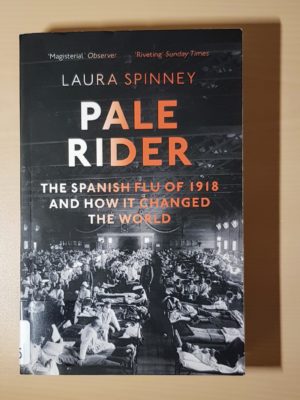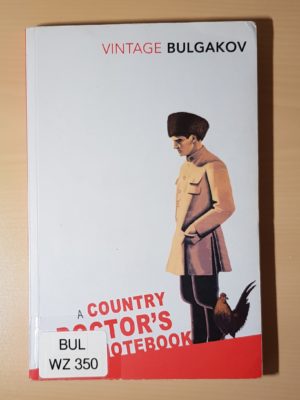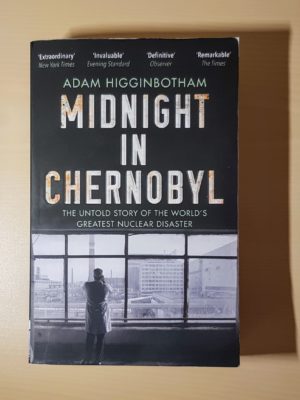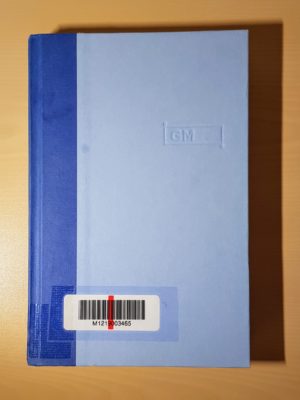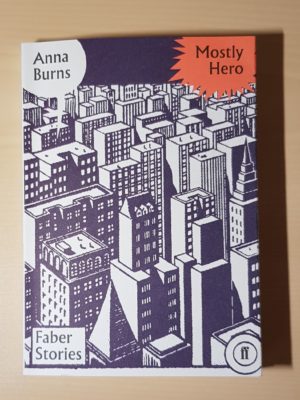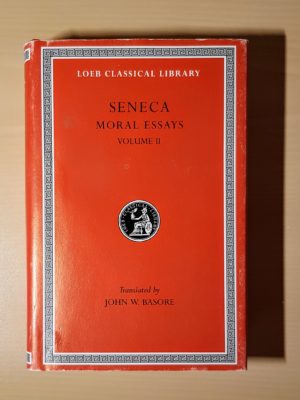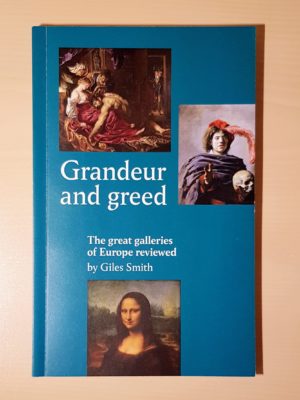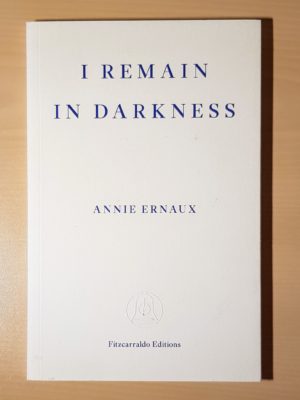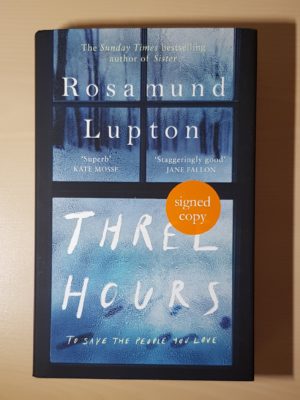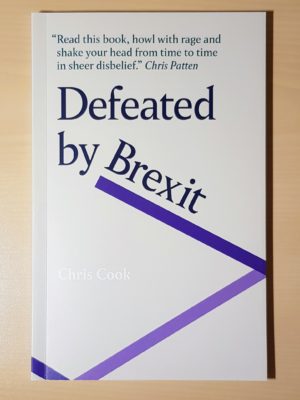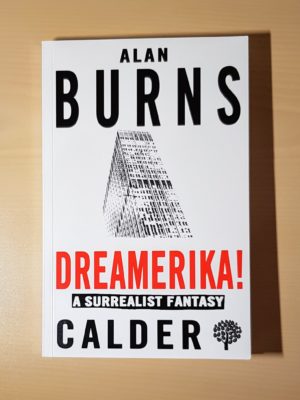What I’ve been reading this month
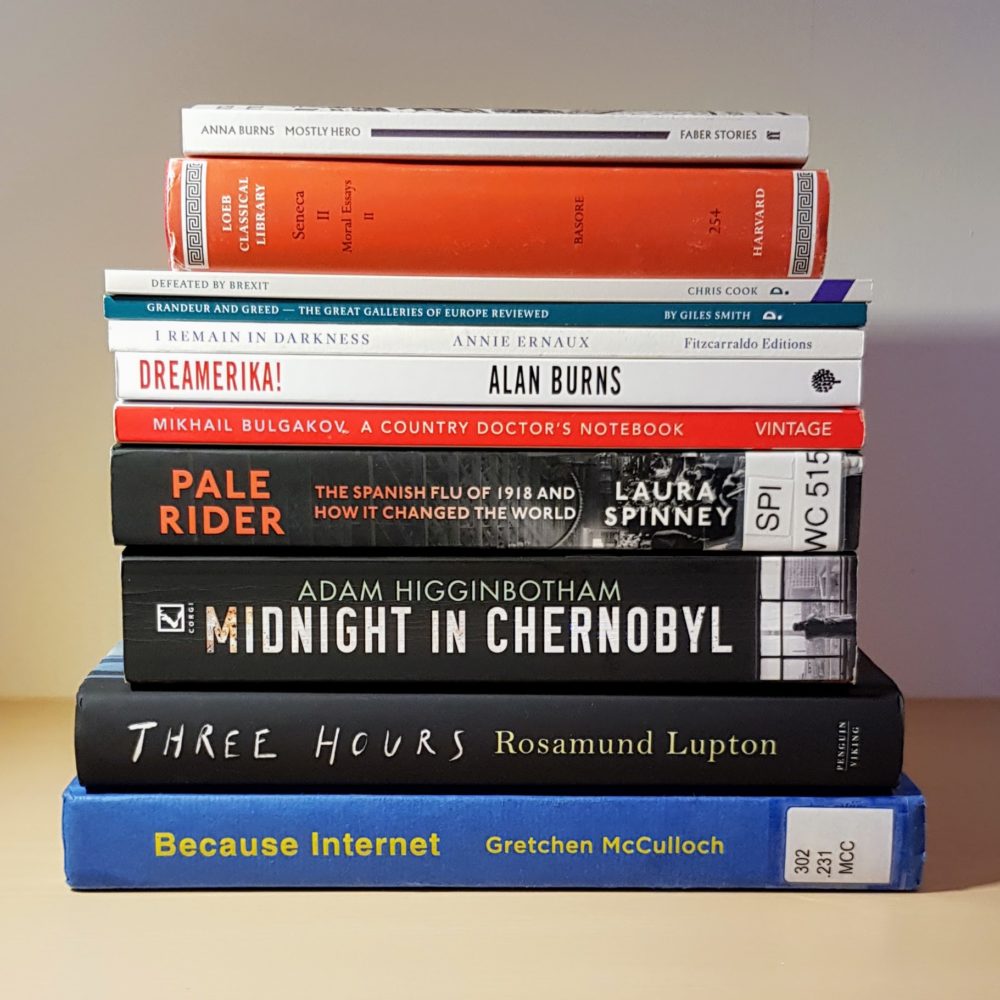
I’ve made it through another eleven books this month. I only aim to read about a book a week, but quite a few of these were rather short!
Pale Rider by Laura Spinney
In the couple of years since it was published, Laura Spinney’s history of the 1918 influenza pandemic has been recommended to me by more health protection colleagues than any other book.
Spinney did a great job of weaving together, virology, public health, history and sociology to create a genuinely thrilling volume on a subject that is often treated as a little dry. Spinney brought it to life while also comprehensively covering her brief, and used a light and engaging touch as well as lots anecdotes to illustrate larger points.
It took me a little longer to get through this than my enthusiasm for the book would imply, but only because my days have been filled with coronavirus work lately, and reading about something similar for pleasure seemed a bit masochistic!
A Country Doctor’s Notebook by Mikhail Bulgakov
I picked this up because my Goodreads friend Richard Smith called it “marvellous” and it sounded right up my street. I agree with his assessment.
In this book, Bulgakov describes the experience of being newly qualified and the sole doctor attached to a rural hospital in Russia in 1917. I may have started as a junior doctor (in Newcastle upon Tyne) some 91 years later than Bulgakov (and, for that matter, 32 years after Richard—sorry!) but the stories resonated.
The terror and reading up before shifts; the heart-in-mouth adrenaline rush as the DECT phone rings (or the nurse knocks on the doctor’s bedroom door in Bulgakov’s case!); the conspiratorial performance of maintaining the fiction for patients that the doctor knows exactly what they’re doing, even while being gently steered by the nurses. Even the twin comfort and dread brought by heavy snow felt familiar—comfort as fewer patients will turn up and I might have chance to think, but dread as I have to cope with the weather too.
There was an engaging emotional range to the book, from the amusing and absurd to the tragic. I’m fortunate not to have seen any colleagues become addicted to controlled drugs, and count myself very lucky given the statistics not to have had close experience of doctor colleagues ending their own lives… or murdering healthy patients.
The first mention of Leopold Leopoldovitch in the book reminded me that I watched the TV adaptation of this starring Jon Hamm, Daniel Radcliffe and the scene-stealing Vicki Pepperdine in 2012. I remember enjoying it, but don’t remember enough of the content to have any idea of how closely it followed the book.
The version I read was the 1975 translation by Michael Glenny: other (newer) English translations are available, but it’s hard to imagine how they could be any better!
Midnight in Chernobyl by Adam Higginbotham
My parents bought me this for Christmas… at my request. It wasn’t a unfestive forced selection, but rather a book I’d wanted to read because the reviews were so good.
Higginbotham gave a brilliantly written and researched account of the Chernobyl nuclear power plant disaster. I found it gripping.
Higginbotham managed not only to explain nuclear physics in a way that I could understand, his characterisations of the key figures in the story were excellent. It’s rare to read someone who is this good at writing about complex science and the human aspect of a story.
Thoroughly recommended.
Because Internet by Gretchen McCulloch
I feel sorry for the person who spent ages on the cover design for this book, but this dust-cover-less copy is what the library supplied, and so that’s the picture I’m sticking with. There’s no photoshopping to meet literary beauty standards here!
Because Internet was a study of informal, casual written English, with a particular focus on the internet since, McCulloch argued, the advent of the internet has allowed academics to study informal writing extensively. Prior to the internet, informal writing was generally private (diaries, letters, shopping lists) whereas it is now commonly public (forum posts, tweets, blog posts).
To me, that insight alone was worth the effort of reading this book. I have never pondered the extent to which analyses of written English have been informed only by formal written English, and I’ve never before really thought about how the present generation is the first to publicly express itself in informal English. There’s a lot of food for thought in that.
But McCulloch had much more besides in this volume, which I thoroughly enjoyed. Sometimes, books are so insightful as to explain to the reader why the reader does things which just seem automatic: this is one of those books.
McCulloch managed that very difficult feat of marrying rigorous academic analysis with clear and accessible explanations, a lightness of touch, levity and wit. I thought this book was great.
Mostly Hero by Anna Burns
While this was first published in 2014, the copy I picked up was newer: a part of the 2019 extension to the Faber Stories series I read last year. This volume somewhat stretched the bounds of definition of “short story”: at 127 pages, this was really a novella rather than a short story, and the cover price was consequently higher than the rest of the (much slimmer) volumes in the series.
All of that said, I thought this was a very clever book which I enjoyed reading. Burns presented a sort of literary take on comic book superhero stories, which I’m almost tempted to call “spoof”: it riffed to great effect on common comic book tropes, but Burns also gave the story real depth and meaning. Mostly Hero was inventive and played with language in creative and interesting ways.
At heart, it was a love story featuring a character named “hero” and one named “femme fatale”, but it ranged much wider than that single genre despite its short length. Burns had interesting things to say on societal expectations, gender and the nature of good and evil, all of which were explored under the cover of the absurd cartoonish world she created.
Moral Essays: Volume II by Seneca
When I read the first volume of Seneca’s moral essays translated by John W Basore in 2018, I was completely blown away and read the whole thing pretty quickly.
I’ve read this second volume a section at a time over a much longer period, and don’t think I got quite as much out of it as with the ‘total immersion’ approach of the first volume. The slightly dated language of Basore’s 1932 translation takes some getting used to. The print quality in some parts of my copy wasn’t great, which took me out of the moment a few times.
All of that said, this was still brilliant, and doesn’t feel like it was written millennia ago.
Grandeur and Greed by Giles Smith
Take a journalist best known for writing columns about sport and music, send him to review five of Europe’s great art galleries, and Grandeur and Greed is the result.
In this short volume published in 2019, Smith reviews The Louvre, The Prado, The Rijksmuseum, The Uffizi and The National Gallery. Each enjoys an off beat and lighthearted review from someone with a casual interest in art. Smith even reviews the cafes. I found this short, light, funny and insightful.
I think it’s the other that the physical format of the book was, however, poor: it is very flimsy, and the binding means that a large central portion of the impressive double-page photography is lost in the gutter. Smith’s reviews were originally published online, and I’m not sure that enough thought has been given to the transfer to the physical page.
I Remain in Darkness by Annie Ernaux
This was a moving account of a daughter’s relationship with her mother, as the latter develops and ultimately dies from Alzheimer’s disease. I read the translation by Tanja Leslie.
Reading this book made me reflect that it probably shocks less today than it did when it was published some 23 years ago. Over the last couple of decades, I think societal awareness and understanding of dementia illnesses has increased markedly over what is really quite a short period of time. I think some of the exposition about the illness would be handled differently today.
Nevertheless, this remains a powerful emotional account.
Three Hours by Rosamund Lupton
This newly-released novel was set in a three-hour period during which a school in Somerset was attacked by shooters who also had explosive devices. The book was set in the present day and had a contemporary feel, with Lupton weaving in many of the touchstone issues in the social and political debates of our time (Brexit, Katie Hopkins, Donald Trump, etc). There were also a few decent plot twists along the way.
I enjoyed this, but I felt slightly removed from the action: I felt more of an observer. I think this was partly because some of the plot stretched credibility (would a British rolling news channel really interview someone caught up in this while they were in hiding in the school?) and partly because of the heavy-handed and slightly tiresome way Lupton drew comparisons between her plot and Shakespeare.
Defeated by Brexit by Chris Cook
In this short 2019 book, Chris cook gave a good insight into the Government’s chaotic approach to Brexit. Unfortunately, his analysis ended at a point in time which seems odd in retrospect (a few weeks before Theresa May’s resignation). The text was also a bit too long for an overview, and a little too short to really get stuck into the detail. I think there are probably better books on this topic.
This was published by the same house as the Giles Smith book, and was similarly flimsy.
Dreamerika! by Alan Burns
This 1972 surrealist fantasy was my least favourite book of the month my some considerable distance. I’ve no doubt that Dreamerika! has artistic merit, and it was certainly very clever, but the collage style of cut-out headlines interspersed with paragraphs of discontinuous text was just not my kind of thing.
This was recommended by the London Review Book Shop, and I’m glad I tried it, but it made me realise that I need a good bit of prose to get stuck into a book.
This post was filed under: What I've Been Reading, Adam Higginbotham, Alan Burns, Anna Burns, Annie Ernaux, Chris Cook, Giles Smith, Gretchen McCulloch, John W Basore, Laura Spinney, Mikhail Bulgakov, Rosamund Lupton, Seneca.
